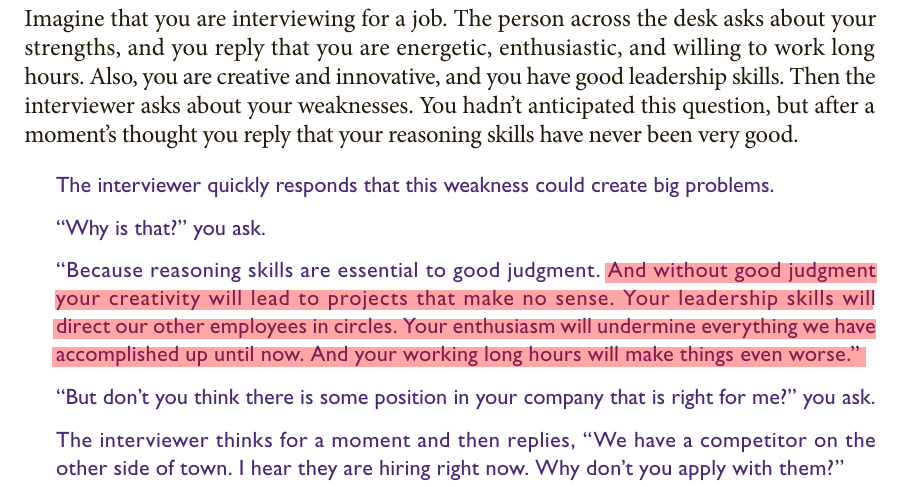How to beat the worst job culture of India?
Productivity describes various measures of the efficiency of production.
Most Indian bosses are obsessed with more working hours, but the paradox is the more working hours you have the less productive you become.
The Relationship Between Hours Worked and Productivity
https://cs.stanford.edu/people/eroberts/cs181/projects/crunchmode/econ-hours-productivity.html
According to data provided by Ohio University, the average worker is productive for two hours and 53 minutes out of an 8-hour workday.
https://onlinemasters.ohio.edu/blog/benefits-of-a-shorter-work-week/

But its not only about productivity but its also about income. In India, a newcomer researcher, programmer or engineer is exploited with long working hours by giving them as low as Rs. 5000 to 10000 per month.
You have to pay room rent, transportation charges, electricity bill, for food and clothing as jobs are not available near your home.
The traveling time, which can take more than 4 hours per day due to heavy traffic and bad roads, drains all your energy and makes your productivity even more worse.
It also affects your well being and mental health.
So, how these problems are solved.
1) Awareness
First is to create awareness, such a job culture is neither good for the company, nor for the employees or society.
More aware citizens especially parents can do a lot for their children so that they are not exploited by companies.
2) Policies the protect employees
Government policies that take into account employees well being and measures to prevent the exploitation of employees.
Ideas like providing UBI for learning for unemployed and unskilled, funding grants and ideas so that they spend time on learning and entrepreneurship rather than an exploiting job.
3) Measures to increase productivity
The first step is to decrease work hours.
Then ask employees to take breaks every one hour (human mind can't work in optimum after an hour), ask them to do exercises like deep breathing and yoga.
Ask them to do work remotely in their home, decrease the number of days they have to come to the office.
Be aware that remote employees work from home and live at work. Studies show that remote workers work longer hours on average—sometimes, a full extra day per week.
A guide to distributed teams
https://increment.com/teams/a-guide-to-distributed-teams/
Teach them logic, change their thinking habits using mental models, to seek evidence and other productive ways of doing work.

Take, for example, identifying bad practices of programming and handling them:
Why students don’t learn looping?
https://iambrainstorming.wordpress.com/2019/11/18/teaching-looping-to-students/
A catch22 paradoxical situation the students and employees never escape.
Catch22 paradox, a paradoxical situation from which an individual cannot escape because of contradictory rules or limitations.
The education system of India too oppressive with the inferior curriculum. What they learn in college never gets utilized when they join a job. This leads to fewer job creators because of a lack of entrepreneurial and problem-solving skills including other problems like fund crunch, no parental support, and monopolistic markets that kill small businesses. When they join a job, they are made to overwork with the low salary. Unskilled labor without critical thinking produces low-quality work, to make it worse they don't have the time to learn new skills or can think about the problem with a tired brain.
My friend argued that companies can train them to learn new skills, which will help them to work productively that can benefit the company.
But this can't be the case, here is the reason for it:
Training employees benefits employees not the company because they have to bear the course fee, also have to pay the salary without doing any real projects of the company, as employees will be busy learning. There is no guarantee that employees will stay and not look for bigger opportunities after they are well trained. The self-interest of companies will never permit such a step.
One may argue that employees can learn part-time. This too is also not possible due to overwork they do.
For example, an employee knows basic PHP and does the project work for the company with Rs 10,000 per month. With sick leave, there is further deduction. To learn new technology like blockchain or nodejs or machine learning, it requires a full-time learning time, as these technologies require highly technical courses. It requires a rigorous full-time Bootcamp, that can last 3 to 5 months on average.
So, in order to learn, they have to quit the job. But how will they fund these 5 months, as the salary is too low, and not a single rupee saving is left after the month-end?
The solution:
The Nordic model that they have pioneered over decades has a few basic components: a welfare state with free, high-quality education and health care; a “flexicurity” model of employment, which combines flexible hiring and firing with strong social security; and open markets with low tariffs and minimal barriers to trade.
https://www.foreignaffairs.com/articles/europe/2020-01-02/new-nordic-model
[…] https://iambrainstorming.wordpress.com/2020/02/16/how-to-beat-the-worst-job-culture-of-india/ […]
ReplyDelete